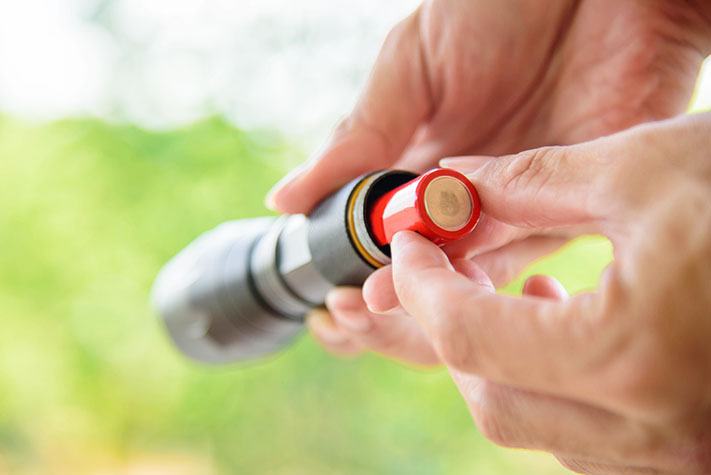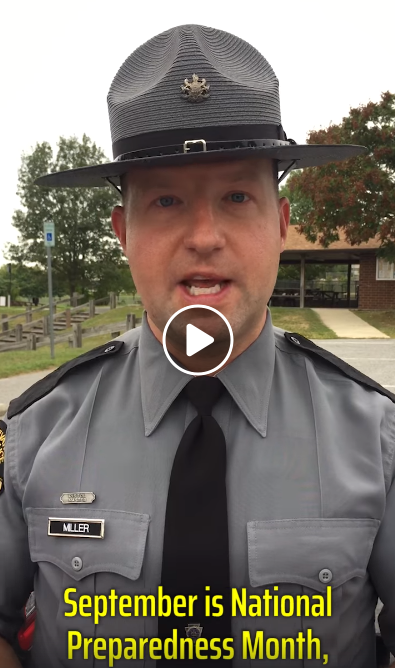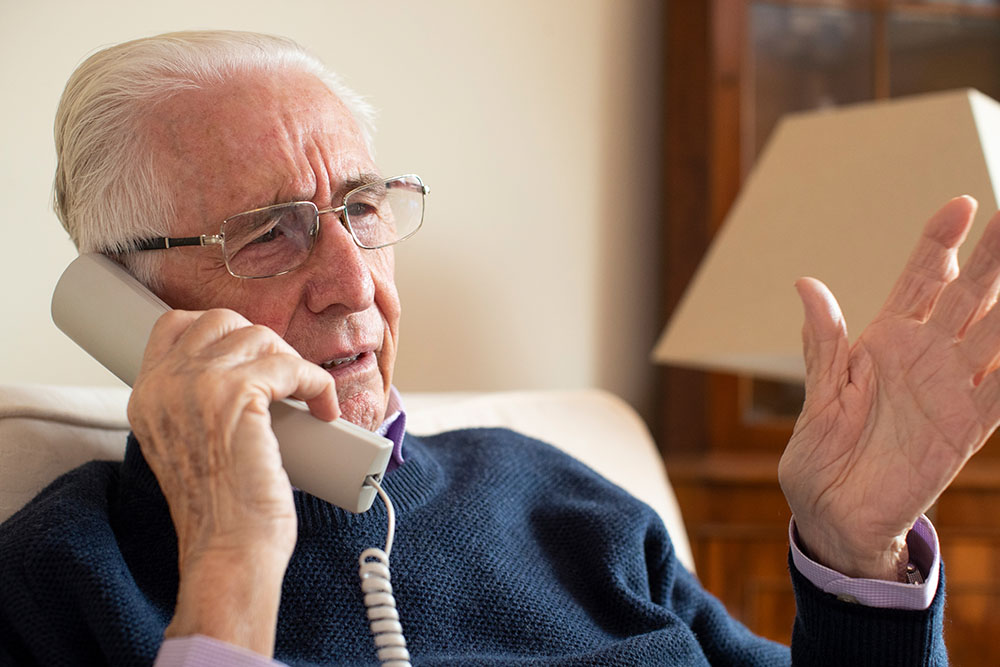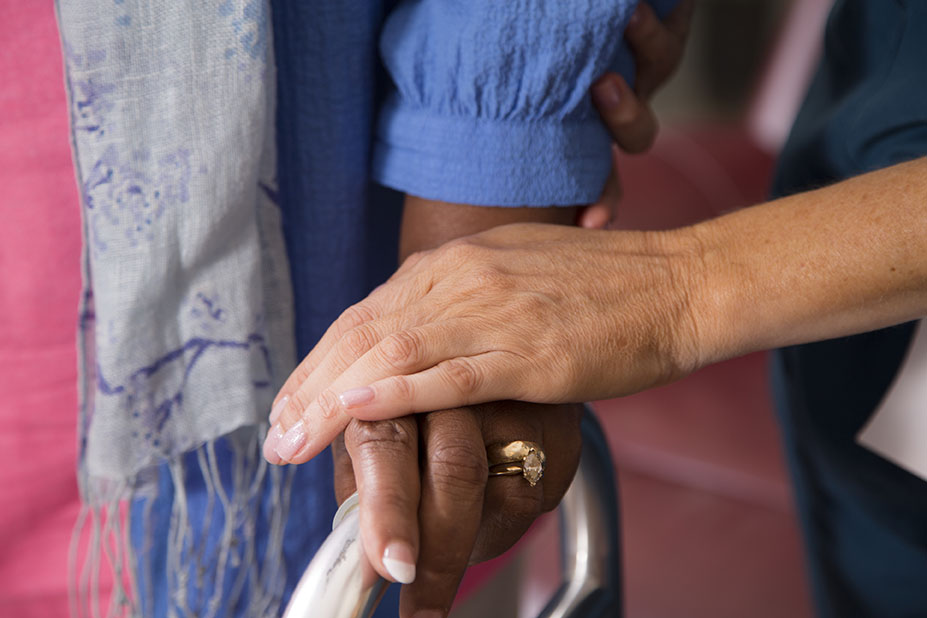Disasters can’t always be prevented, but preparation can be done beforehand. Everyone’s needs are unique. There are situations that may require additional planning and considerations.
For older adults and people with disabilities, they may have a wider variety of functional limitations and some additional challenges to consider, including medical equipment, accessibility and transportation issues, and access to prescription medications.
This week, the second week for Ready PA's 30 Days/30 Ways, we’re focused on considerations and situations that may require additional thought and planning.
Start with batteries...

Sometimes preparedness is a mindset. Think about the things you would need to be able to sustain yourself for up to 72 hours, especially after any significant event.
Why 72 hours? That may be how long it takes to get power restored or for first responders to get to you. Things like nonperishable food, water, flashlights, and batteries are important.
Having the basics doesn’t have to be expensive. Start with making sure your have flashlights and batteries.
Check out this Emergency Kit Action Sheet, and then decide on two items to add to your grocery list.
…and go from there.

Remember Gilligan’s Island? It was only supposed to be a three-hour tour.
When you're traveling in your car, even if it’s for a three-minute tour, make sure you have basic supplies.
Crashes and other incidents happen. You may be stuck in traffic. If it’s snowing, or during a heat wave, the time that you’re stranded could be catastrophic.
Pick three items from the Pennsylvania Department of Transportation travel emergency kit list and make sure you're prepared for a potential three-hour "tour."
Also give Pennsylvania State Police Trooper Brent Miller's video a watch. He provides some vehicle emergency kit tips, too.
Get your kids involved...

Involving children in preparing now will help reduce a panicked reaction when an emergency occurs.
Start by asking what would happen during various scenarios. For example, ask them to imagine there's a snow storm and you lose power. What would stop working in the house and what can be done about it? It will get them thinking about disasters and what threats they can face.
Download the Weather Safety Action Sheet. When a thunderstorm, snow storm, tornado, or flash flood occurs in your area, do you know what to do and where to go?
Learn more about getting your kids involved from PEMA Director Randy Padfield.
..and they could become Disaster Masters.

Review your family emergency plan together so they know what to do even if you are not there. Preparedness is not all fun and games, but parts of it can be.
Kids can play the Federal Emergency Management Agency (FEMA) Disaster Master Game. By making the right choice, they can earn points to get to the next level. Master all the levels and they get their own graphic novel.
Find preparedness games and other materials from FEMA Ready Kids.
Remember your pets, too!

Figure out how you will care for your pets during a disaster.
For any number of reasons, you may need to leave your home. You may not know when you'll be able to return. Some emergency shelters cannot house animals.
Download the Ready PA Pet Preparedness Action Sheet for basic first steps to be prepared.
Check out the PA State Animal Response Team's pet preparedness guidelines, first aid information, and more!
Don't let the older adults in your life be unprepared.

A recent survey conducted by PEMA revealed that only 26 percent of Pennsylvanians age 65 and older have a plan in place when disaster strikes.
This sobering statistic tells us that we all have friends, family, and neighbors who do not have a plan for how to act when a disaster is imminent, don't know how to respond after one has struck, and may not know how to communicate if they are safe or need assistance.
Download this Basic Planning Guide for Older Adults to get started.
A network to rely on is critical for those with additional planning needs.
According to the American Psychological Association, the network for older adults is often the first to assist during a disaster and play an important role afterward, when people must cope with destroyed property, loss of electricity or phones, interrupted daily routines, or disruption of community resources (e.g., Meals on Wheels, home health aide).
Develop a phone call chain of at least three people you or your loved one can rely on in an emergency. Then visit the Pennsylvania Department of Aging and find your local Area Agency on Aging and more resources.
People with additional needs require additional planning.

For people with disabilities, disaster preparedness is very important because there are special needs that must be addressed and planned for.
During a disaster, usual means of support and assistance may not be available for some time after an emergency.
If you or someone you know has a medical condition or disability, learn how to prepare by reading how to plan for special needs.